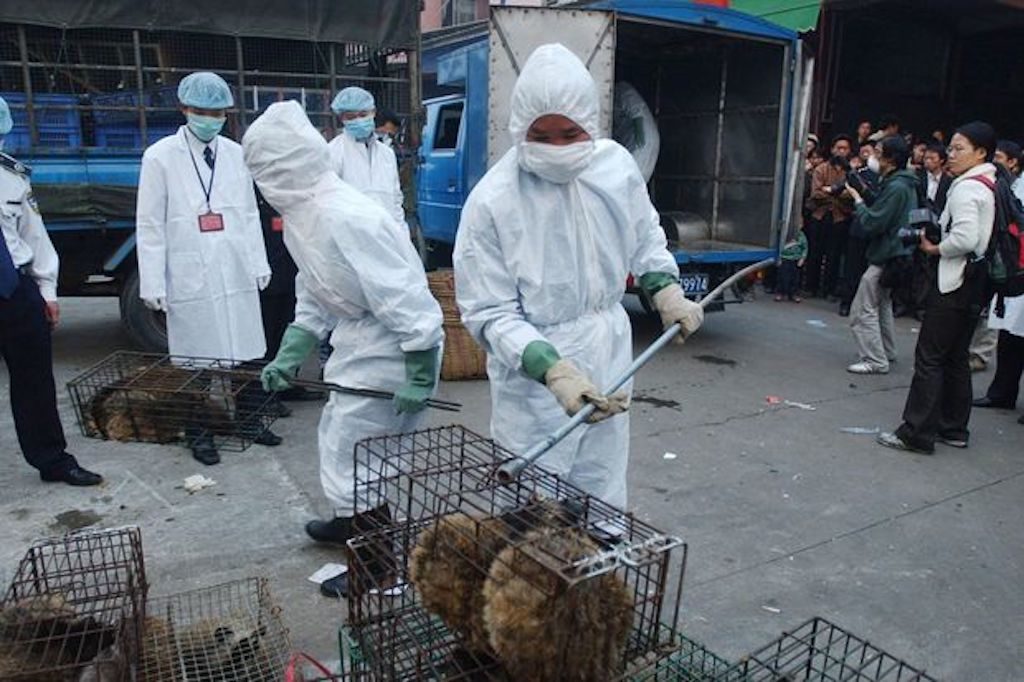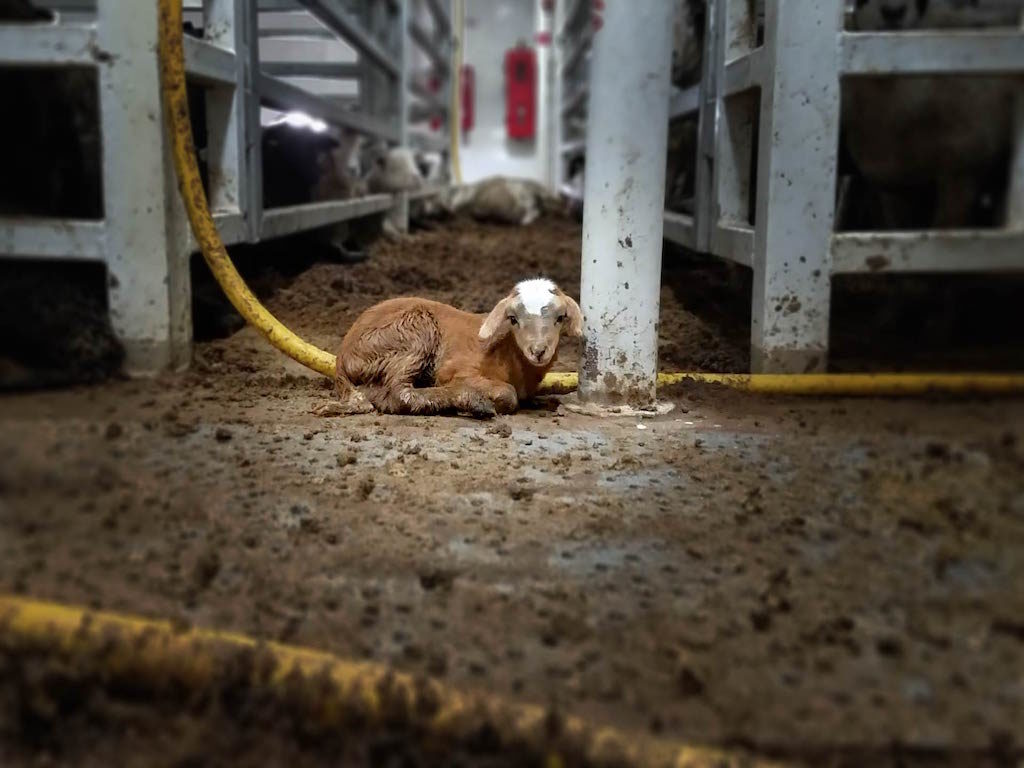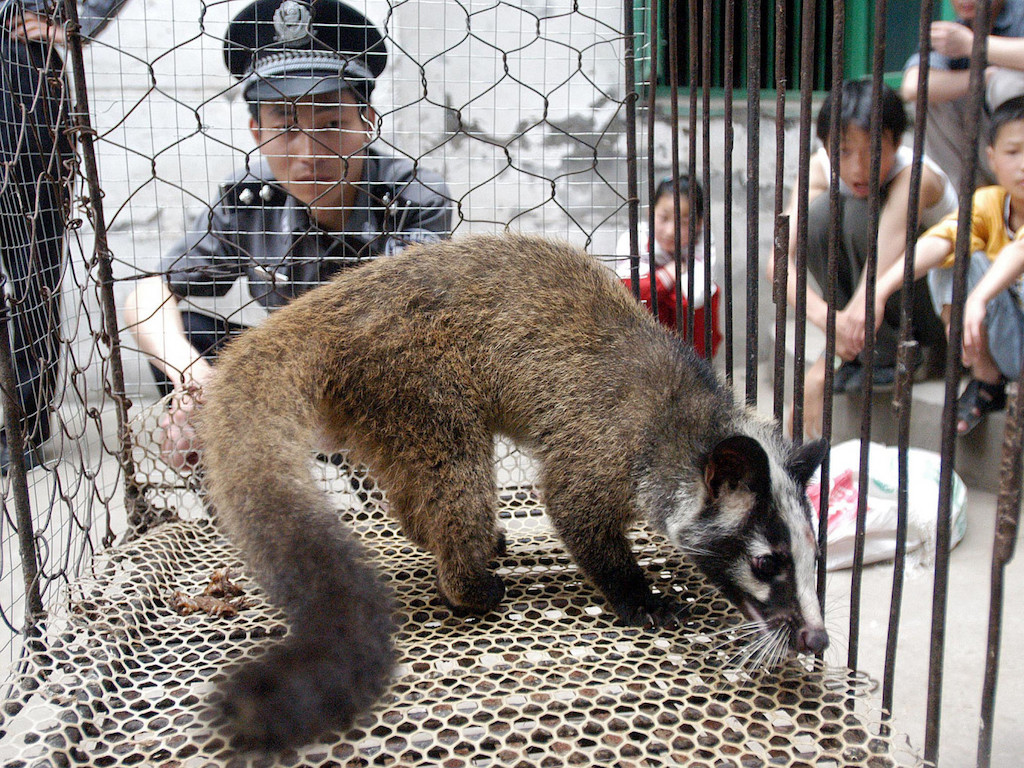China Implements Temporary Wild Animal Trade Ban Due To Coronavirus, Activists Push To Make It Permanent
4 Mins Read
On Sunday, China ordered a temporary ban on the trade of wild animals in an attempt to contain the novel coronavirus, 2019-nCoV, which is believed to have originated in a market that sold wild animals as food. The new law will prohibit raising, transporting and selling all wild animal species until the epidemic situation is declared over, the authorities said in a joint statement. This move comes 18 years after China cracked down on the wildlife trade in the immediate aftermath of the SARS outbreak in 2002 and 2003, but has since been allowed to continue up until the recent epidemic. For many scientists and conservationists, both within and outside of China, the ban needs to be permanent and extended throughout the world.
In a joint directive issued by top Chinese government agencies, including the Ministry of Agriculture, China will be putting in place a temporary ban on raising, transporting and selling all wild animal species until the epidemic is over. The novel coronavirus, which is temporarily called 2019-nCov, has been linked to a seafood market in Wuhan where wildlife was also sold. One vendor, Dazhong Livestock and Game, offered customers a menu of over 100 wild animals, which included ostriches, deer, crocodiles, wolves and hedgehogs, according to a report by the WSJ.
Read: Global live animal trade is putting 5 million animals at risk daily
In addition to the ban in wildlife, China has effectively locked down several megacities and regions with travel restrictions in an attempt to control the spread of the novel coronavirus that has already, at the time of writing, infected over 7,700 people and killed 170. The most stringent travel bans have been implemented on Wuhan and neighbouring cities in Hubei Province, the epicentre of the outbreak, where its 56 million people are not allowed to leave the city and must wear a mask in public.

The last time the country enacted a ban on wildlife trade was in the aftermath of the SARS outbreak in 2002 and 2003, which killed over 750 people in China and globally. SARS was believed to have originated from masked palm civets sold in a market in Guangdong, China, who were infected with a virus passed from bats. While China launched a crackdown in wildlife trade following SARS, the trade was allowed to re-flourish in the years after.
However, a number of concerned scientists and conservationists have argued that the ban on wildlife trade needs to be extended permanently and globally. Last week, a group of 19 researchers from the Chinese Academy of Sciences, the Wuhan Institute of Virology and other university institutions in China have called on the government to impose much stricter oversight on the trade in wildlife.
In an open letter, the group wrote that the legal wildlife trade in China had increased the probability of an outbreak: “This is the hidden danger for the trade and consumption [of wild animals].”
Read: What is the novel coronavirus & what mask should you wear?
Environmental and animal activists agree, arguing that in addition to posing major public health risks, wildlife trade threatens endangered species with extinction and is rife with animal abuse. “Surely it’s time for an advanced country like China to reassess the viability of a tiny industry that risks global pandemic, national image, animal cruelty and conservation concerns,” said Peter Knights, the founder of non-profit WildAid.
The reality is that China is not the only country implicated in wildlife trade for food, with supply chains stretching throughout Asia, Africa and elsewhere, including the United States. Coupled with human activities that have caused mass ecological disturbance, from deforestation and land clearing to urbanisation and rapid population growth that driven the demand for both wildlife and industrial livestock farming, deadly viral pandemics have become a more frequent phenomenon.

In order to save human lives, the earth’s resources—which are already under grave risk due to our climate crisis— and threatened species, the Wildlife Conservation Society has called for an end to wildlife markets globally. While this time, the outbreak originated in Wuhan, China, if these practices continue, we are simply looking at more deadly epidemics in the future that could occur anywhere in the world.
In the midst of the current global public health and climate emergency, perhaps the most effective action we can each take is to reduce consumption of meat products altogether, which is currently propping up the broader global animal trade industry. Not only is the under-regulated trade responsible for cruel and inhumane practices, it can help ease the burden human existence has placed on our planet. According to PETA, every individual who chooses to ditch meat and dairy products saves almost 200 animal lives each year—and is the single biggest thing you can do to reduce your carbon footprint, given that animal agriculture is responsible for 18% of global greenhouse gases.
Lead image courtesy of AFP / STR.




